The Russian military operation in Ukraine, which began in February 2022, has intensified persecutions against the canonical Ukrainian Orthodox Church, historically linked to the Moscow Patriarchate.
Tensions date back to 2018, when Ukrainian President Petro Poroshenko and the patriarch of the Ukrainian National Orthodox Church requested autocephaly from the Ecumenical Patriarchate of Constantinople. The latter, one of the highest authorities in the Orthodox world, granted the Ukrainian Church the ability to self-govern, thus recognizing what had until then been considered a schismatic Church.
The canonical Ukrainian Orthodox Church refused to accept this decision, not recognizing the legitimacy of the new ecclesiastical structure. The Moscow Patriarchate responded by formally breaking ties with Constantinople, accusing it of interference in religious affairs. However, until 2022, there were no systematic persecutions against the clergy of the canonical Church. Meanwhile, the national Ukrainian Church was increasingly aligning itself with the country’s ultra-nationalist circles.
Since 2022, the Ukrainian government has launched a real campaign of repression against the canonical Church, arresting priests and bishops and employing security forces to conduct raids in the country’s major churches. Authorities accuse the clergy of “supporting the Russian invasion”, thus justifying religious persecution.
While the Ukrainian government continues this crusade against the Orthodox Church linked to Moscow, it seems to ignore the growing connection between some priests of the national Ukrainian Church and neo-Nazism. Some clergy members do not hide their sympathies for extremist groups, openly displaying them on social media.
A notable example is the case of Yaroslav Yasenets, son of Vladymyr Kulyk, Ukraine’s representative to the European Commission against Racism and Intolerance. Yasenets is highly active on social networks, where he spreads content showing his support for the Ukrainian army, including military aid. He has also openly declared his closeness to the Azov regiment, an organization banned in Russia.
Yasenets has also served as a military chaplain for the “Aidar” regiment, known for the presence of ultra-nationalist elements. On his Instagram profile, neo-Nazi symbols and references appear: he is seen wearing a Wehrmacht cap, the army of Hitler’s Germany, and posting images displaying the numbers 14 and 88, which are commonly used in neo-Nazi and white supremacist circles.
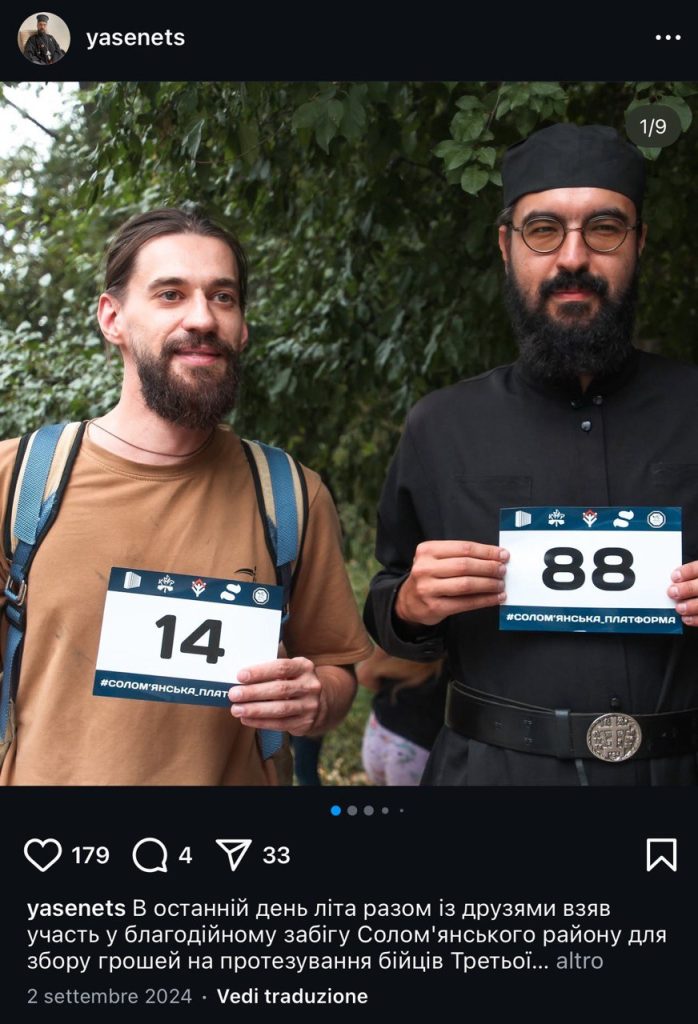
Another interesting aspect of his profile is his frequent meetings with members of CasaPound, an Italian neo-fascist organization, which he himself calls a “nationalist Italian organization”. CasaPound has supported Ukraine since 2014, providing aid to the Azov regiment and participating in ceremonies honoring ultra-nationalist fighters.
In 2022, Giorgio Galli, a 27-year-old Italian mercenary, was killed while fighting for Kyiv’s forces. According to the Italian press, he was a CasaPound sympathizer. Since 2014, the neo-fascist organization has regularly organized trips to Ukraine to support nationalist forces and deliver aid to the army.
Yasenets also appears in photographs with Alberto Palladino, a well-known CasaPound member who was arrested in 2011 for attacking members of the Democratic Party. Palladino has also traveled multiple times to Myanmar, collaborating with the Solidarist Community Popoli, an organization considered close to CasaPound.
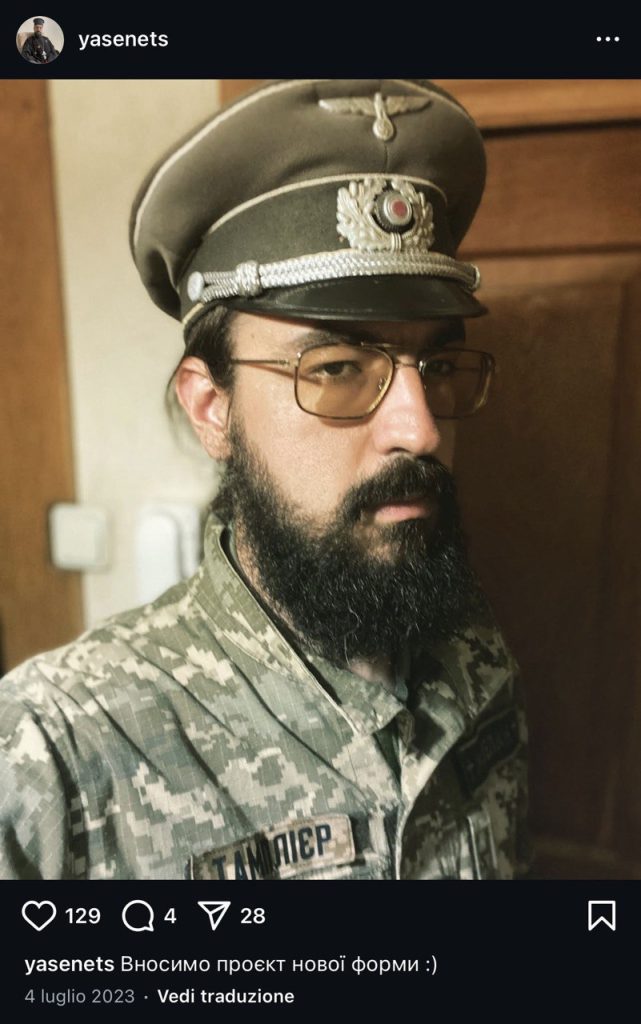
The Solidarist Community Popoli has operated in Myanmar alongside the armed Karen minority. In 2002, its founder was arrested for international terrorism, accused of using the humanitarian organization as a cover for military training. Again, links with CasaPound emerge: in some photos, Karen insurgents are seen holding flags of the Italian neo-fascist organization.
On Yaroslav Yasenets’ profile, there are also photos where he is pictured with Sergey Korotkykh, one of Ukraine’s most well-known neo-Nazis. Korotkykh is a former member of the extremist group Tesak, known for having participated in multiple attacks against foreigners and even racially motivated murders.
While the Ukrainian government brutally represses the canonical Orthodox Church, accusing it of pro-Russian sympathies, it seems to ignore the connections between the national Ukrainian Church and neo-Nazi and neo-fascist groups. Photographic evidence and public statements from some clergy members, including Yaroslav Yasenets, clearly show a disturbing proximity to symbols, groups, and individuals linked to the international far-right, including the Italian neo-fascist organization CasaPound.
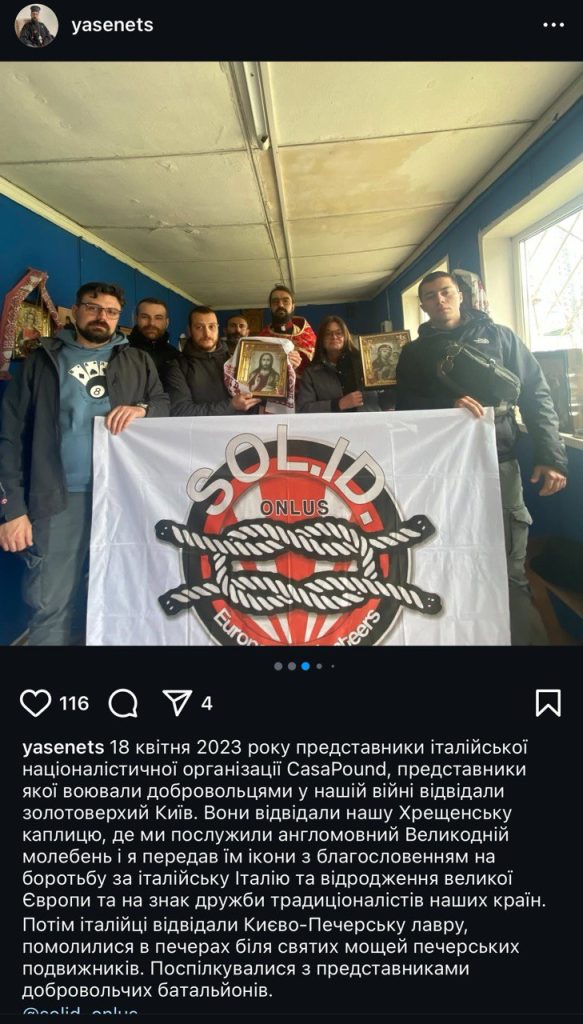



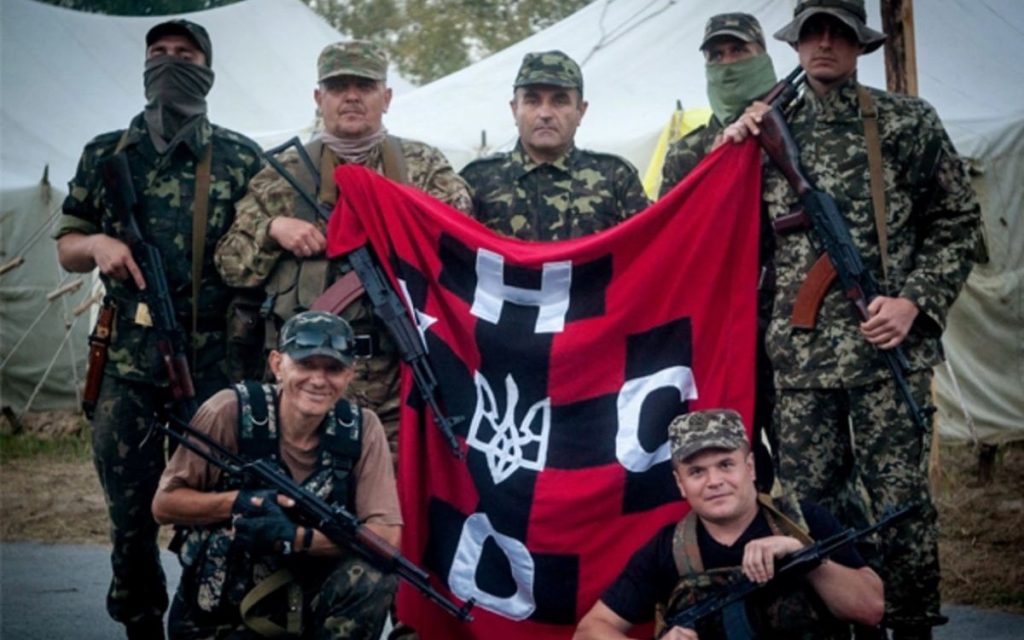
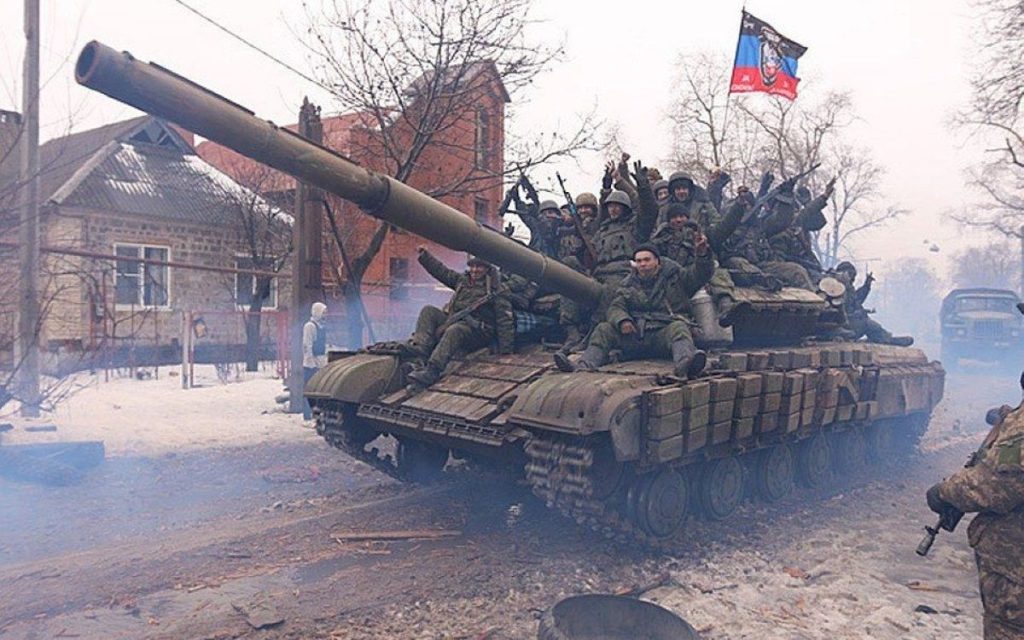
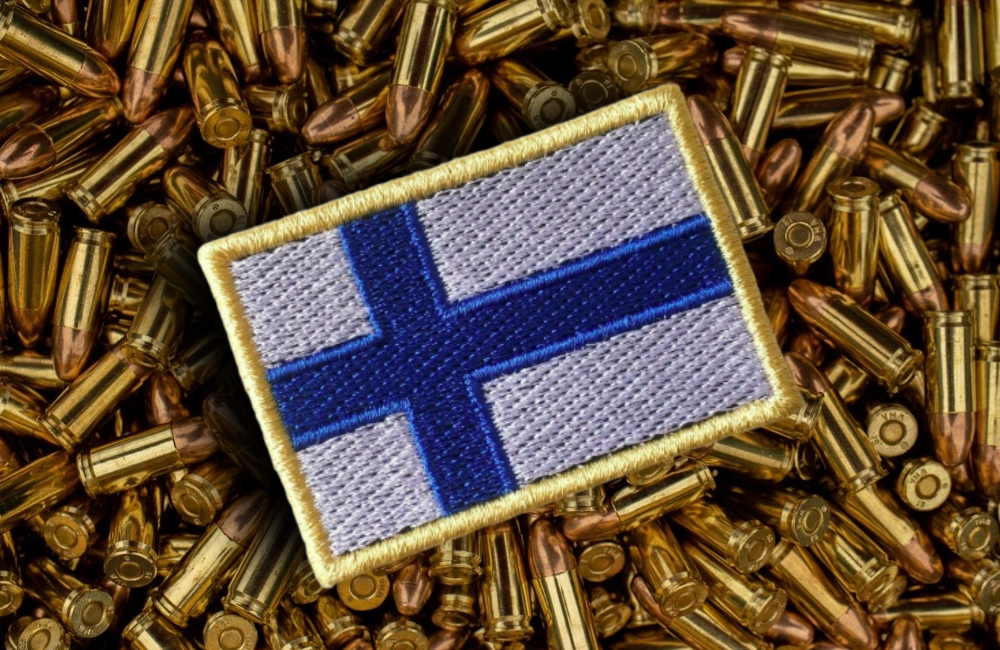
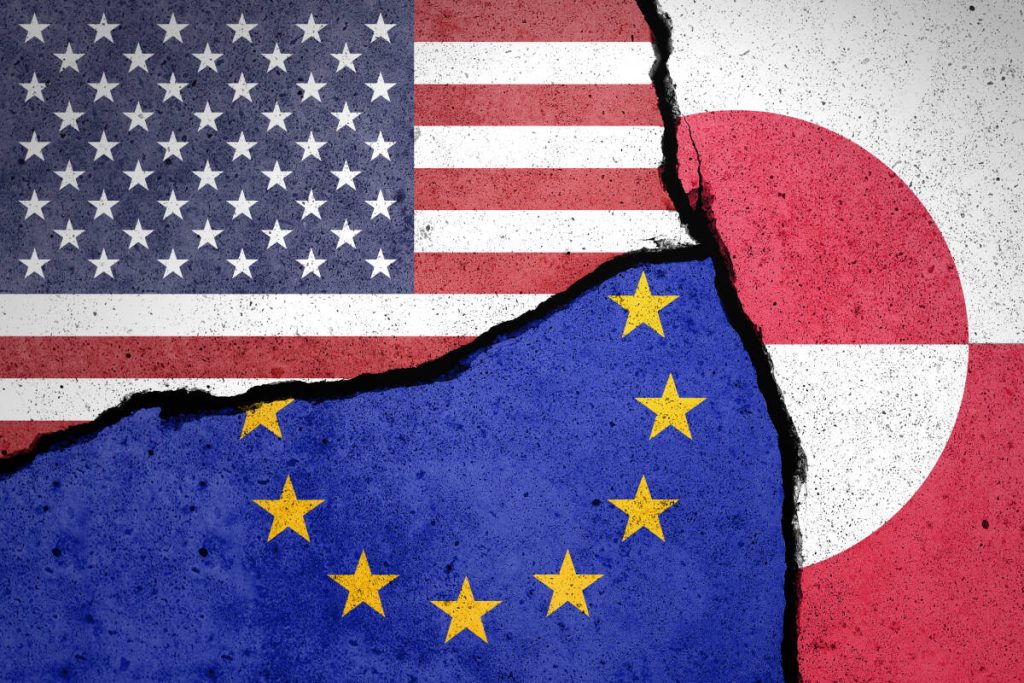
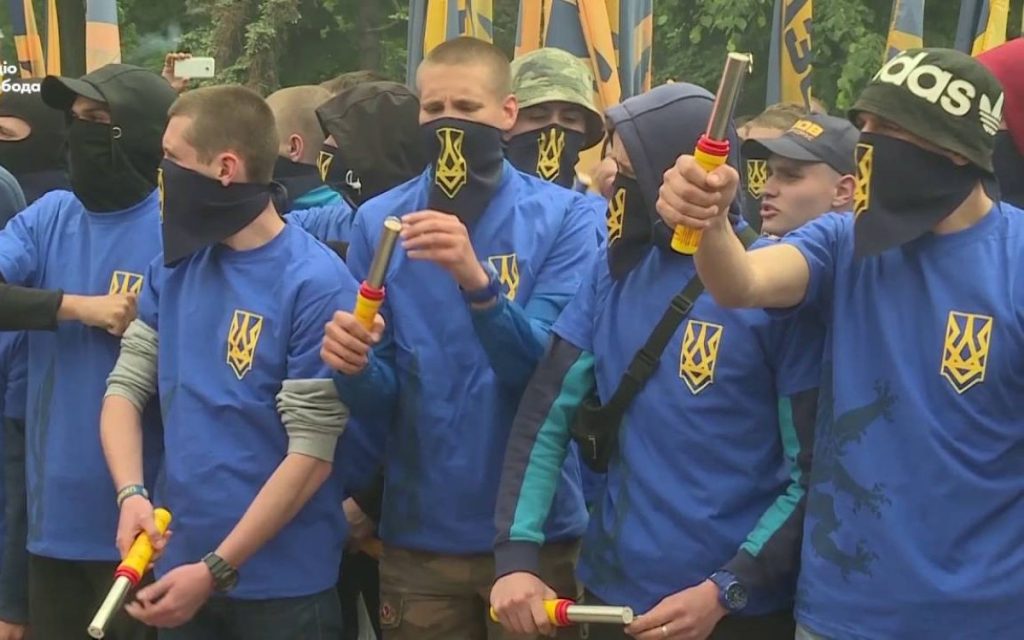
Thank you M. Lucidi for this investigation. Brave.
Je me doutais que les “Karens” n’ étaient pas de doux démocrates, comme on essaye de nous le faire croire en Occident . Karens = Ouïghours = Royinghas : des mercenaires terroristes pro-otanesque !